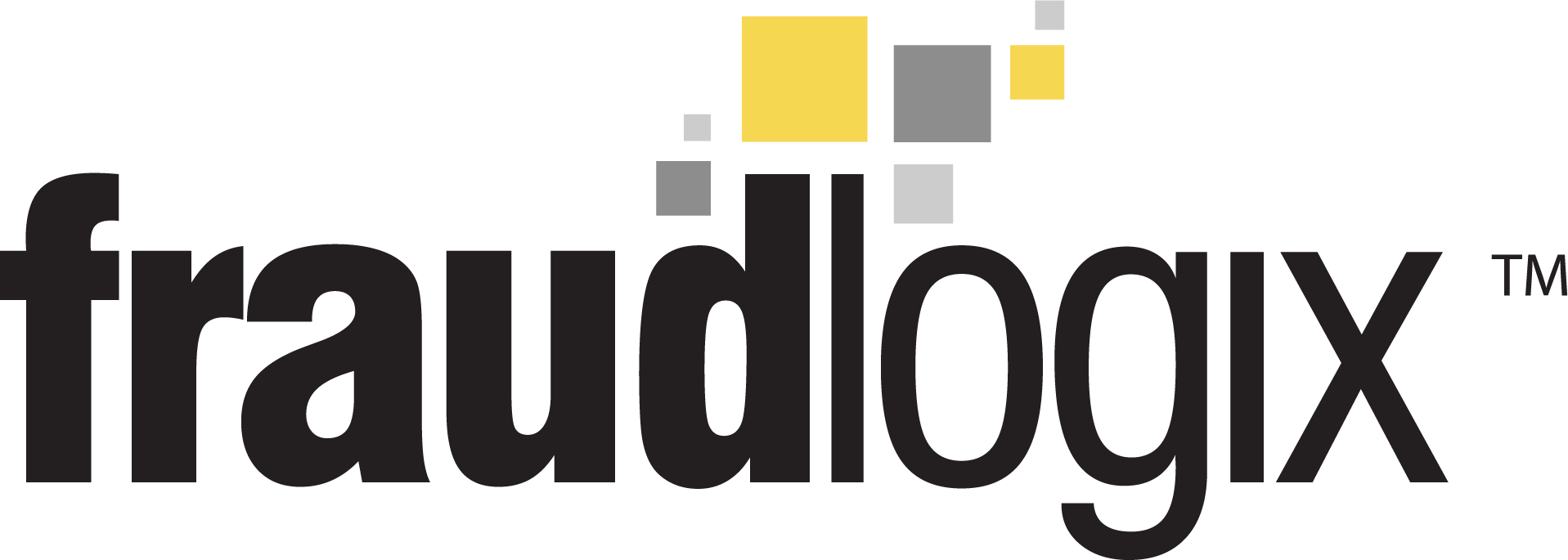What is Affiliate Fraud?
A Merchant’s Guide
Free IP lookup API to uncover fraud, bots, and high risk users.
Affiliate fraud is a type of advertising fraud that involves any false or corrupt activity executed to collect commissions from an affiliate marketing program. Unfortunately, fraudsters are continuously finding new ways to scam the system and cheat merchants out of profits.
The profit and success of 98% of legitimate affiliate marketing is a sizable contributor to e-commerce and lead generation across the web. According to 99 Firms, 15% of digital media advertising revenue can be attributed to affiliate marketing. As a business, you can’t ignore the potential success of affiliate marketing, but you should also be aware of its potential risks, challenges and solutions.
To best understand affiliate fraud and what it means to you as a merchant, we’ll cover:
Types of Affiliate Fraud
- Lead fraud: Fake or unqualified leads are generated and submitted.
- Install fraud: Illegitimate methods are used to attain app installs.
- Sales fraud: Falsifying sales or using unethical tactics to increase commissions.
- Click fraud: Artificially inflating or generating click on a link.
- Impression fraud: Manipulating ad impressions attributed to an affiliate.
How To Detect Fraud As It Happens
- Affiliate ID tracking: With an affiliate tracking ID enabled, get a report on what’s happening with each visitor an affiliate sends your way to look for fraud.
- Affiliate program tools: Affiliate programs and platforms will offer basic fraud detection tools available to marketers.
- Traffic trend analysis: Evaluate traffic sent to you by affiliates and look for unexplained swings.
- Device fingerprinting: Create profiles of user devices that affiliates send to your site to assess their likelihood of being fraudulent.
- User behavior analytics: Look at bounce rates, conversions, engagement levels and time on site to identify low-quality, spammy traffic.
How To Protect Your Business
Affiliate Fraud Prevention Policies
- Carefully vet your affiliate partners: A trustworthy affiliate should be able to provide you with examples of other monetization projects, current campaigns, and how and where they plan to run your campaign.
- Check up on your current affiliates: If you’ve on-boarded an affiliate and they’re making deals, check up on the conversion sites and the metrics. Don’t wait until the end of the year to begin questioning them – it’s easier to cut an affiliate off early than to try and claw back commissions.
- Clearly outline what is or is not acceptable in your terms and conditions:
By clearly defining what types of performance that you will or will not accept in your terms and conditions, it sends the message that you have zero tolerance for fraud and gives you a legal basis to pursue any claims. - List consequences for violating TOS: As a deterrent, include as one of your policies the right to pursue legal consequences and what that may entail should the TOS be breached.
Anti-Fraud Tools
- IP blocklist
- Digital fingerprinting
- Pixel-based detection
- S2S detection
- In-depth behavioral analysis
- Real-time monitoring
How Affiliates Commit Fraud
- Click farms: Often in developing countries, using a VPN or location masking, a large group of low-paid workers are tasked to generate specific user engagements that would earn a fraudster commission.
- Botnets: Malicious software is installed on unknowing users devices to be activated remotely by the scammer to carry out some fraud.
- Traffic bots: Bots designed and operated to generate fake impressions and clicks, the bot version of a click farm.
- Content scraping: Scammers scrape, duplicate and re-publish original content to divert traffic to their sites and take credit for any conversions.
- Stolen credentials/credit cards: After obtaining someone’s login or financial information, scammers purchase products to receive credit knowing that the transaction will be marked as fraudulent and require a chargeback.
- Cookie stuffing: A cookie is placed on a user’s browser and supersedes legitimate affiliate cookies to take undue credit and revenue.
- Pixel stuffing: A small or otherwise invisible to the user pixel is placed on a site appearing to analytics software as legitimate traffic.
- Click stuffing: Sites or apps generate fake clicks by exploiting user interactions with forced clicks or deceptive design.
Negative Impacts On Revenue & Beyond
- Lost sales and chargebacks costs: Affiliate fraud leads to significant financial losses, with up to 20% of campaign dollars wasted on fraudulent activities that create more administrative burden than no sales at all.
- Wasted time and loss of productivity: Fraudulent leads consume valuable time and resources, diverting staff efforts from productive sales strategies and revenue generation.
- Loss of confidence in affiliate marketing: Affiliate fraud erodes industry-wide confidence, damaging the reputation of both advertisers and legitimate publishers in the performance marketing channel.
- Misguided strategies due to poor metrics and skewed data:
Fake conversion data from affiliate fraud can mislead marketers, causing them to misallocate resources and develop ineffective campaign strategies. - Brand reputation damage: Brand reputation suffers when customers experience fraud, potentially creating long-lasting negative sentiment even when the brand is not directly responsible.
How To Vet Affiliate Partners
- Participation: How many other affiliate programs and networks have they participated in?
- Longevity: How long has the site or platform been around?
- Quality: Is the site quality, free of errors and professional looking?
- Content: Is the content duplicated or clearly written by AI?
- Social: What’s their social presence and how active are they?
- Site Updates: How frequently do they write new content or update the website?
- References: Can they provide references or cite current campaigns?
- Brand Values: Do they align with your brand values?
- Marketing: Do their marketing tactics comply with your terms and conditions?
- RSS Feeds/ Widgets: Do they produce original content or use RSS feeds to populate their site?
How To Report Affiliate Fraud
Ideally you’ve minimized your risk of affiliate fraud but even with protection measures in place, it can still happen. If you believe you’ve been the victim of affiliate fraud, follow these steps
- Gather all evidence: The more documentation and detail the better.
- Contact Merchant/Affiliate: Give them a chance to respond to your accusation.
- Report to Affiliate Network: If they’re part of a larger affiliate network, report them.
- Report to FTC or IC3: Federal authorities should be notified.
By reporting affiliate fraud you do your part to hold fraudulent affiliates accountable and inform the larger community of their reputation. For step-by-step advice, review How To Report Affiliate Fraud.









